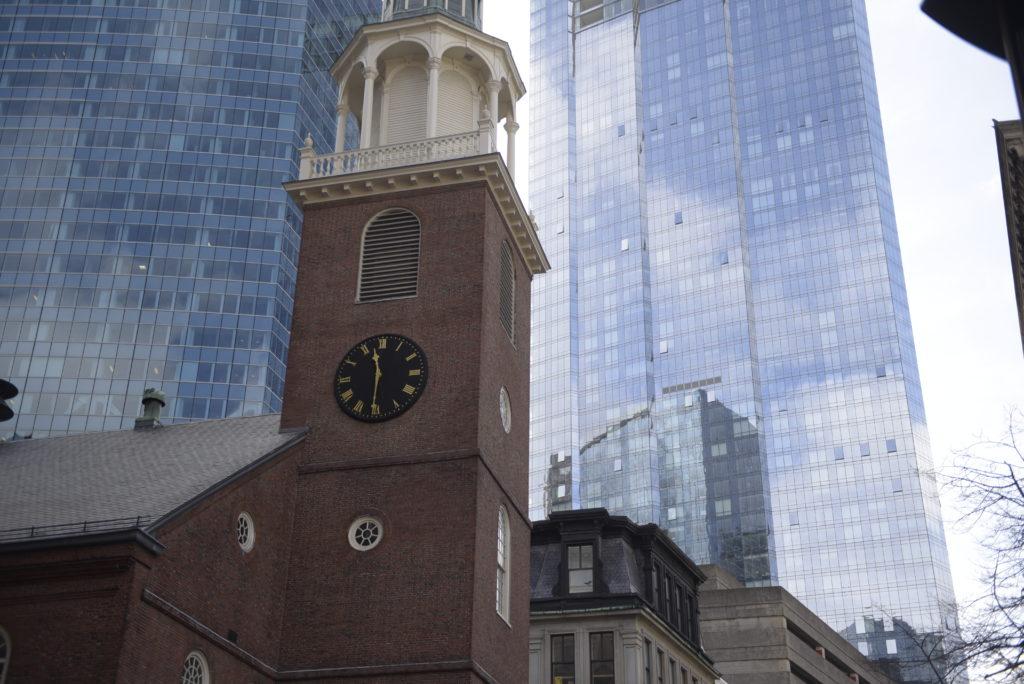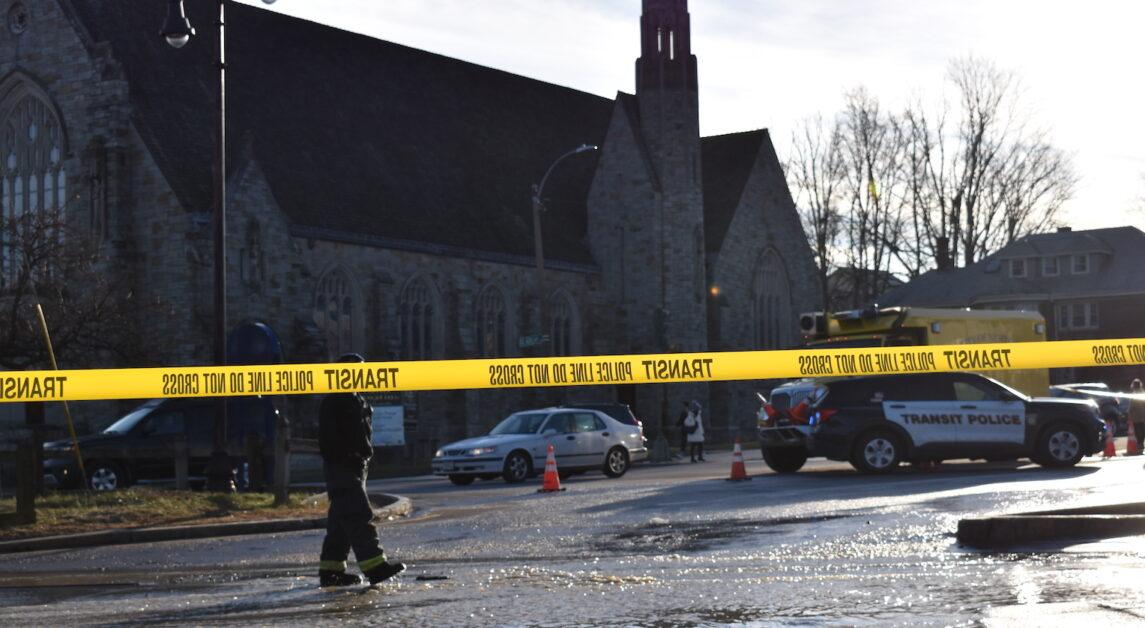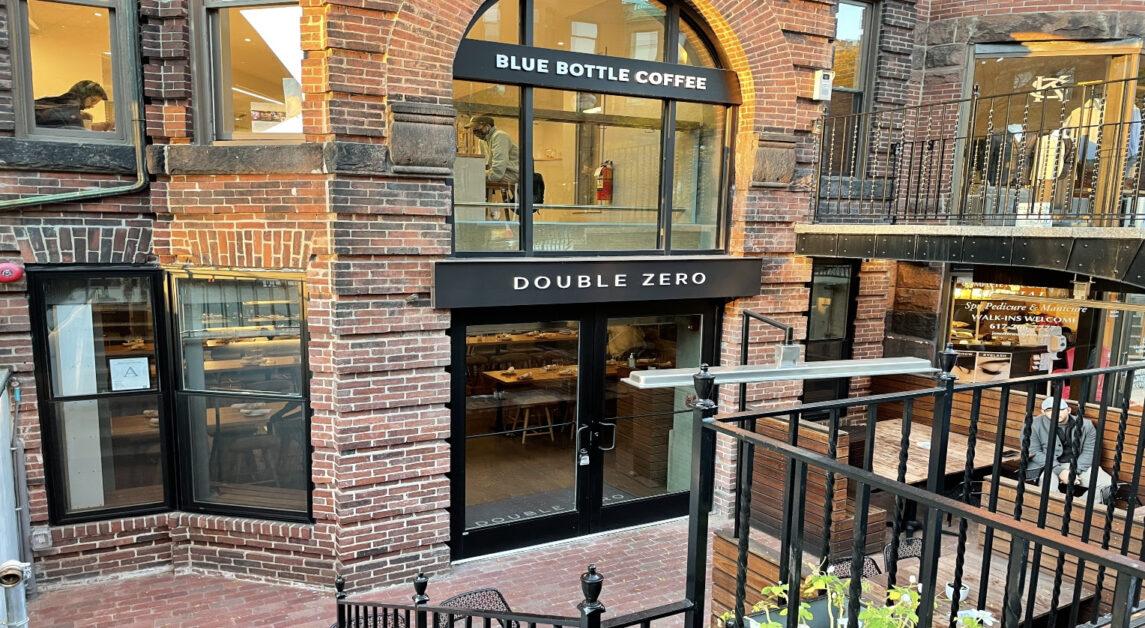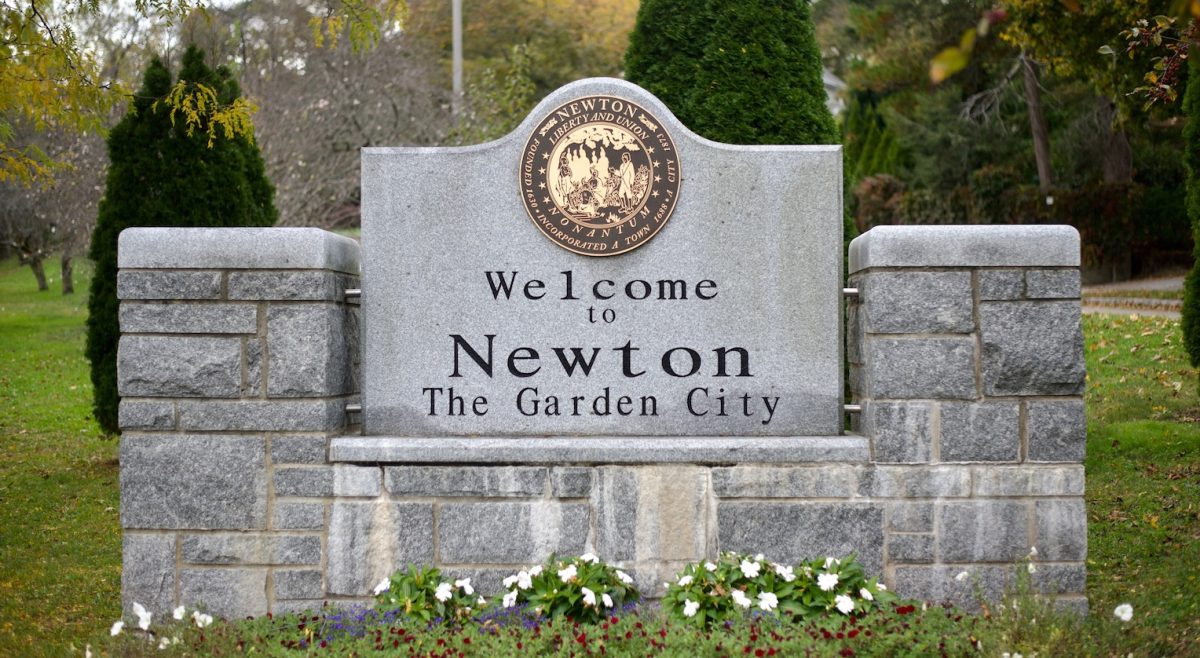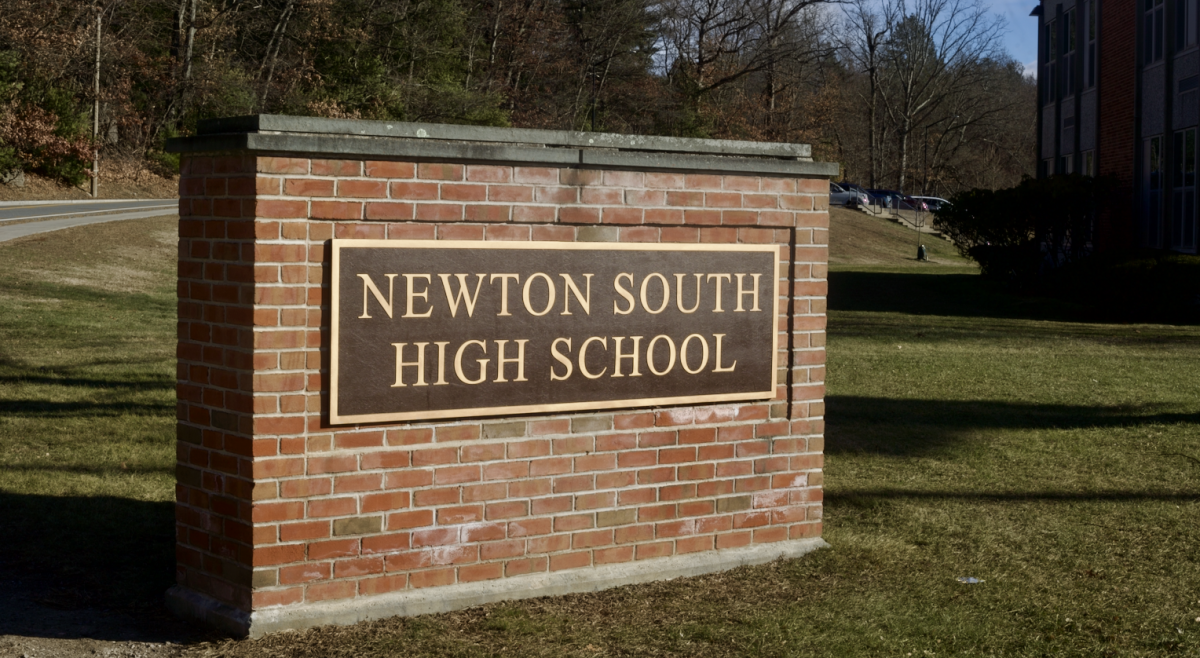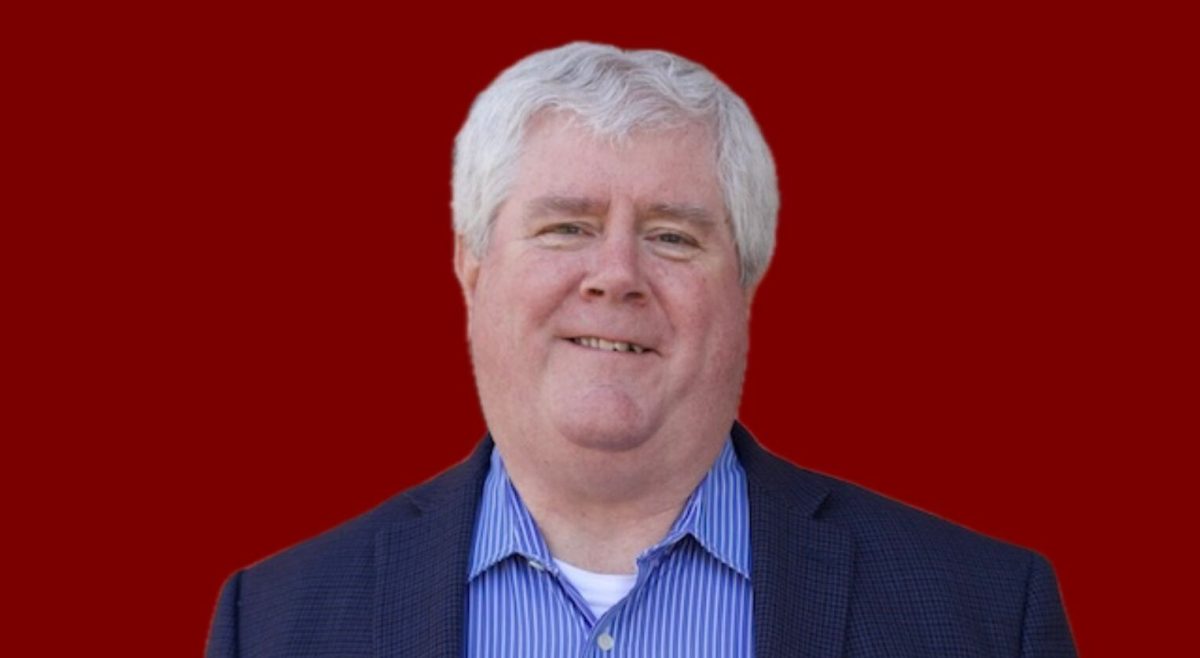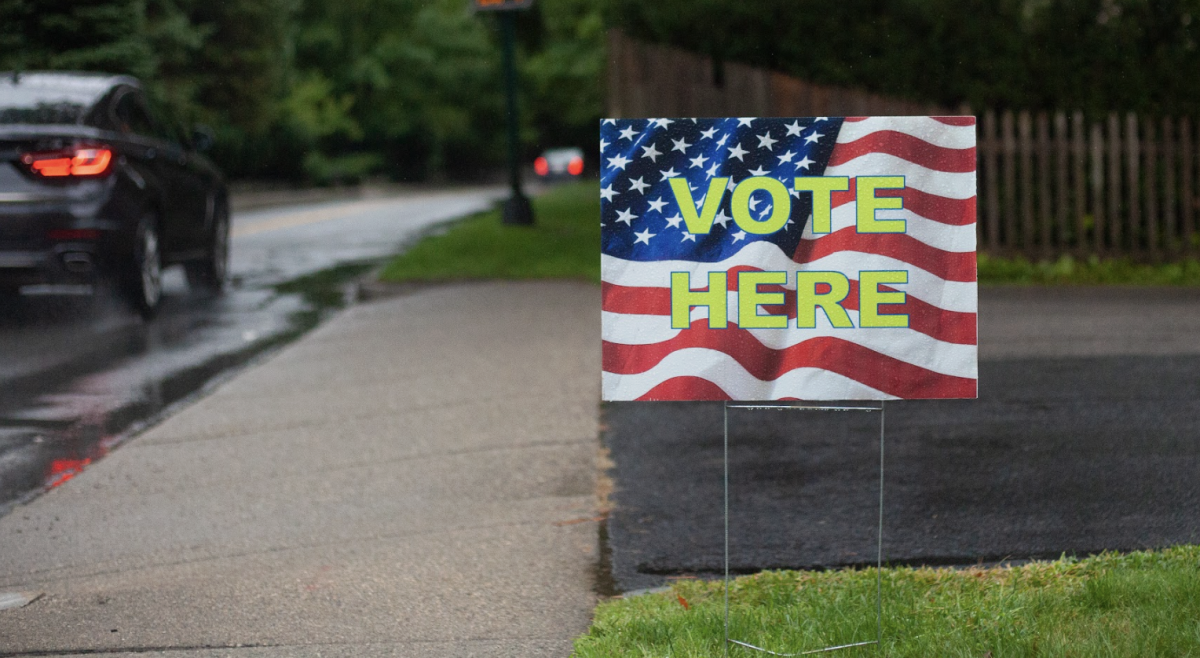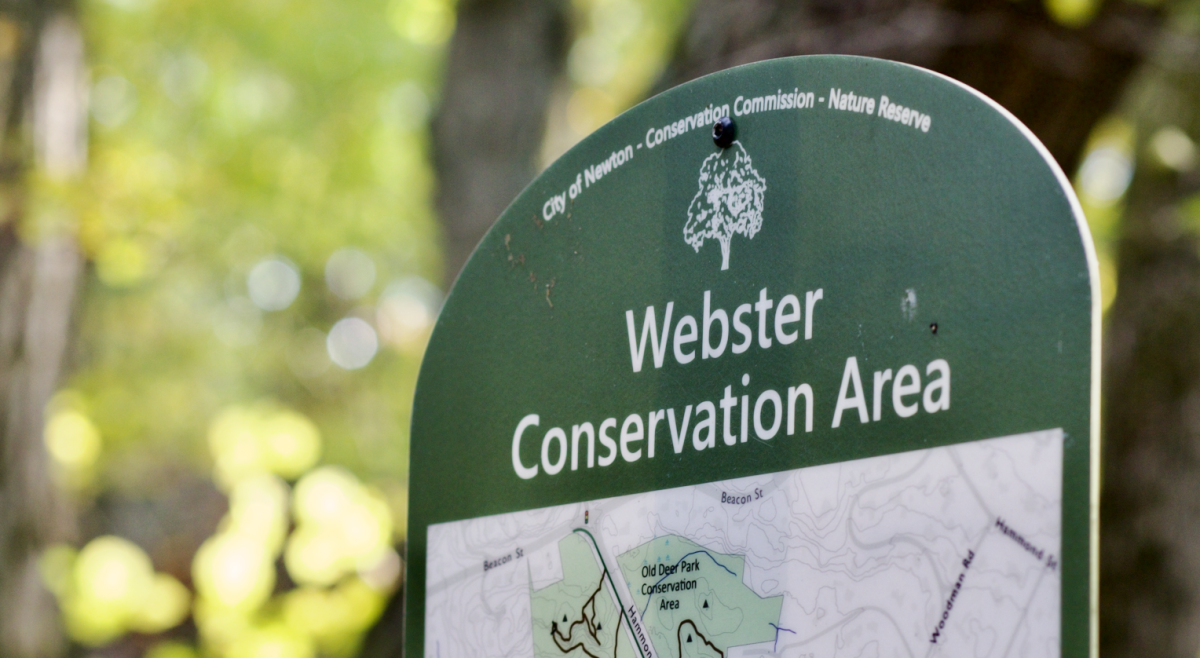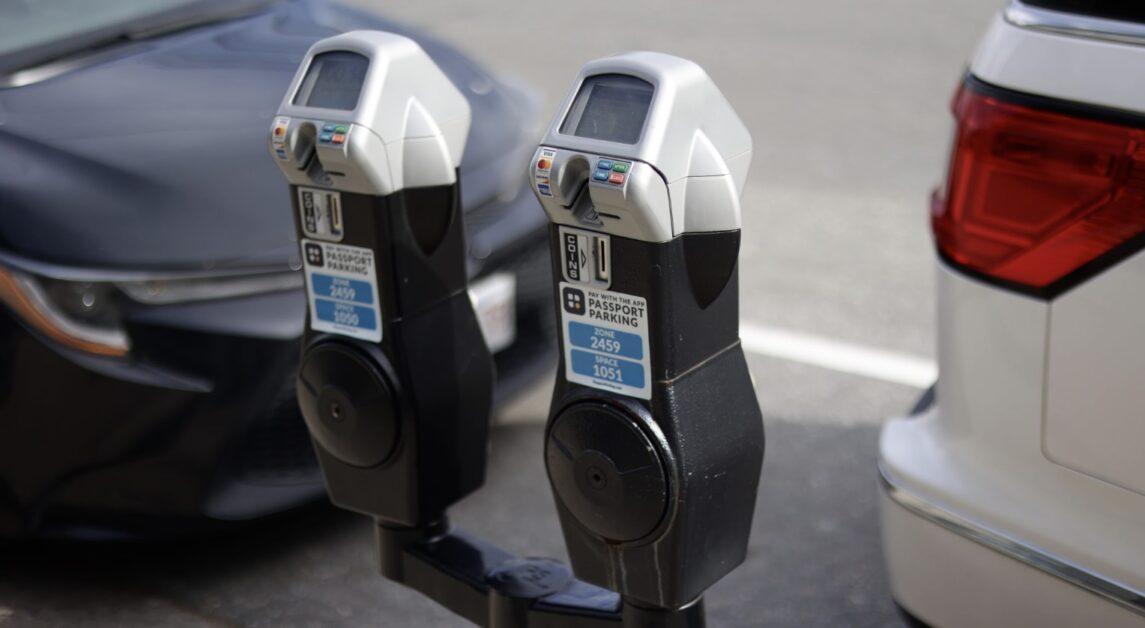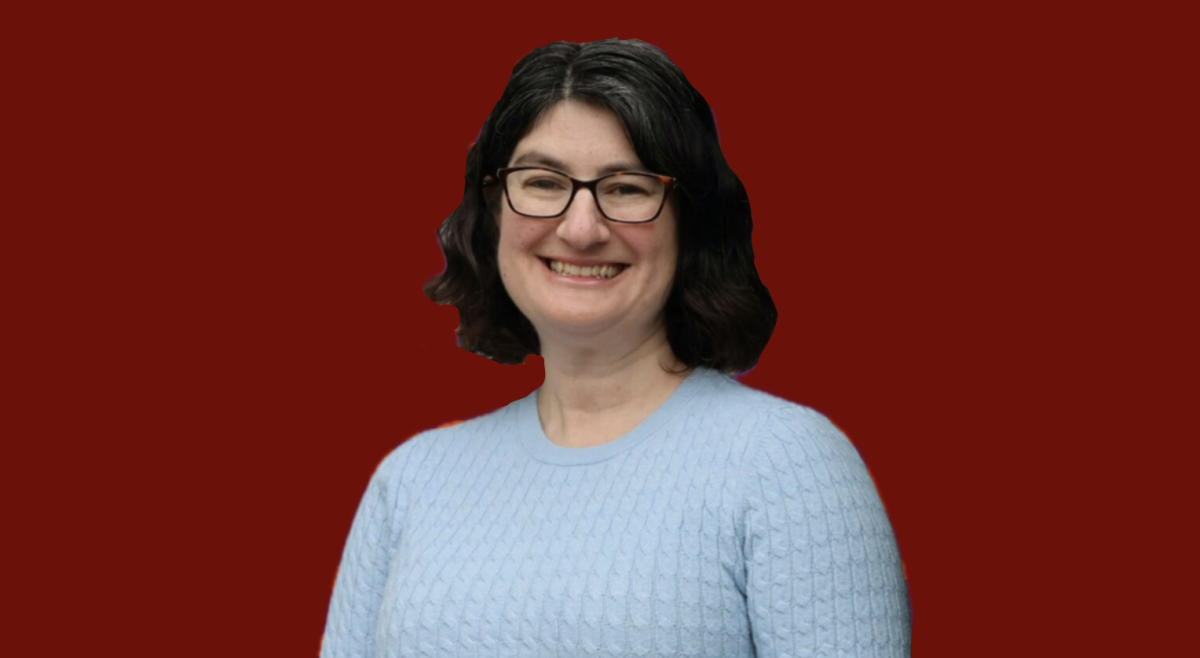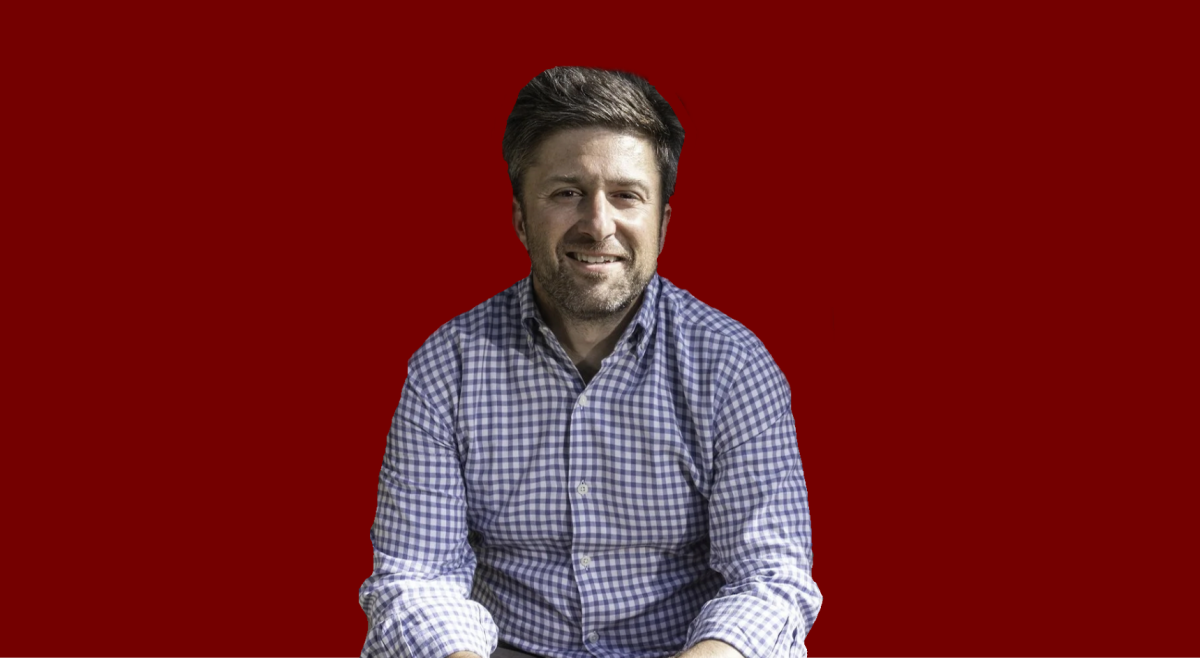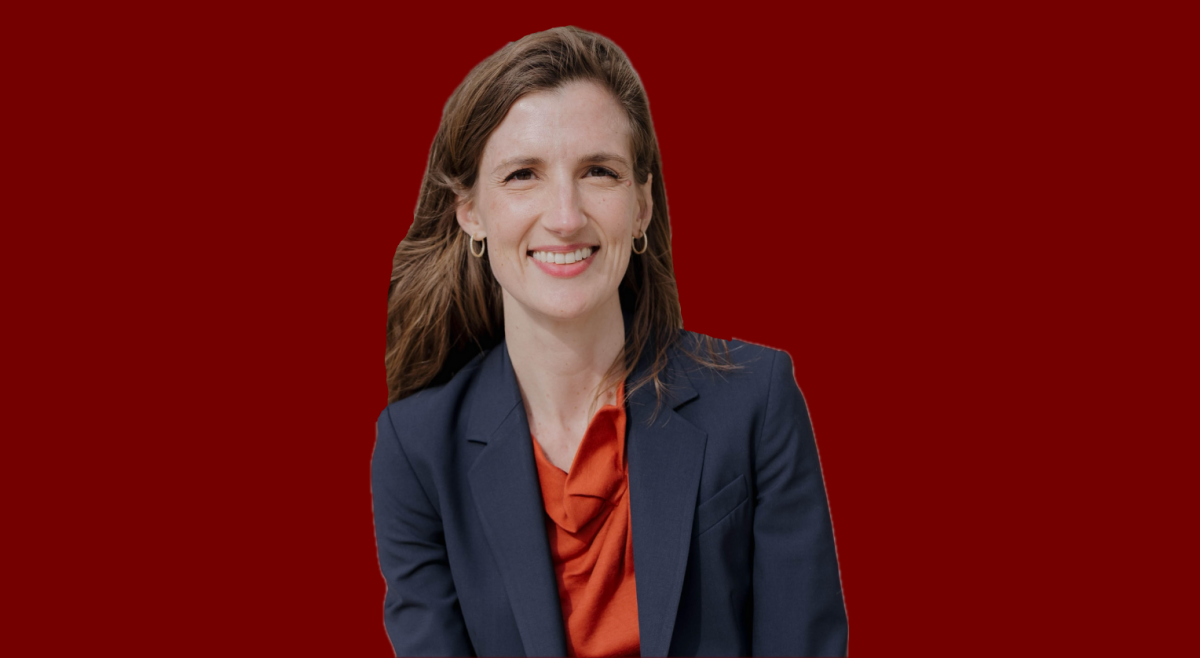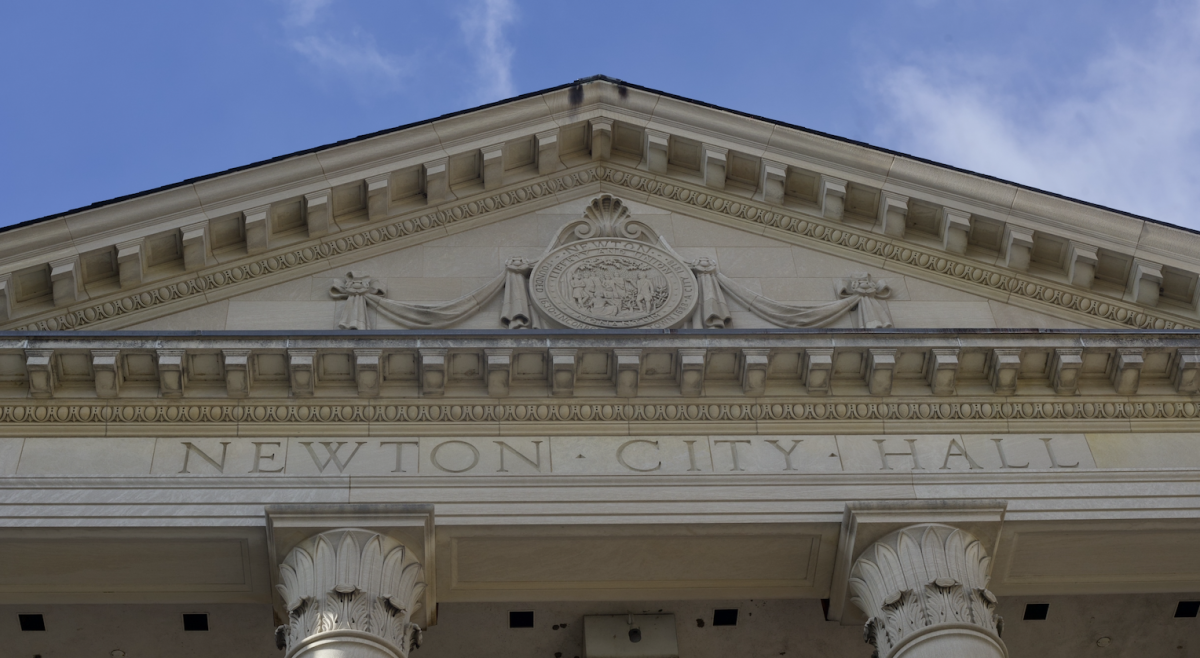As the preliminary election for the Boston mayoral race on Sept. 26 draws closer, it is important to compare two of the frontrunners, current Mayor Martin J. Walsh, WCAS ‘09, and Tito Jackson, on an issue that concerns all students: education.
With the consistently rising cost of tuition in all levels of schooling, a good education has become less of a right and more of a privilege. The top universities in the country cost tens of thousands of dollars per year, and to even have a chance at getting into them, one must invest their money in countless additional ways, from paying for private schools to hiring an SAT tutor. Walsh and Jackson both have platforms that seek to make education more accessible to all, and each raises past education efforts in citing why they are a good candidate for Mayor of Boston.
Walsh notes a significant accomplishment in his education record: This year alone, he has increased the Boston Public Schools’ (BPS) budget by $40 million, making it larger than ever before. Walsh’s campaign website also notes that since he has taken office, BPS’s graduation rate has been at an all-time high. According to the BPS website, the graduation rate for the class of 2015 “achieved an historic increase, rising four percentage points from the previous year to reach an all-time high of 70.7 percent.” Walsh’s campaign also notes that during his time in office, “BPS has taken a targeted approach to closing opportunity and achievement gaps by allocating $1.1 million in the FY18 budget to help more than 2,500 students experiencing homelessness.” Walsh has also extended the school day, totaling an extra 20 days each year.
Jackson, however, calls attention to cuts in the 2016 budget for “programs for students with autism and who have experienced trauma.” According to The Bay State Banner, this is in reference to the fact that “last fiscal year, the city reduced per pupil funding allotments for children with autism and socioemotional needs.” The budgets for each individual school are established by taking into account the number of students enrolled on what category they fall under, “such as special education or low-income status.” Some argue that the budgets were reduced because of a decline in enrollment of students who fall under these categories.
One of Walsh’s prominent accomplishments in the realm of education during his time in office has been the creation of the Boston Bridge program, which originally provided tuition-free education at Bunker Hill, Roxbury, and Mass Bay community colleges. Now, the program also provides free education at four-year state colleges and universities where, after attending community college, students can obtain the last two years of their degree.There were 50 students enrolled in the program in 2016, and according to Walsh’s campaign website, “97 percent of them are on track to finish their first year of study.”
Jackson’s campaign website notes another plan that could benefit the young people of Boston. He argues that “Education doesn’t stop with college acceptance and matriculation; we should also teach trade skills that will lead to profitable careers and pay living wages.” Should Jackson become mayor, he says that he would advocate for the creation of partnerships between trades and schools in order to “build pathways for anyone seeking training.”
Jackson also cites expertise gained during his time as Chair of the Boston City Council’s Committee on Education, noting his opposition in 2016 to Massachusetts Ballot Question 2 in his education platform. A “yes” vote to this question would have supported a proposal to authorize as many as 12 new charter schools by the state Board of Elementary and Secondary Education per year. Jackson believes that charter seat expansions should be reconsidered because of their negative impact on public schools and existing charter schools. Jackson opposed Question 2 by participating in debates, speaking at rallies, and utilizing social media. He then went on to write the Boston City Council Resolution opposing Ballot Question 2, which passed with overwhelming support. Jackson also details other aspects of his education platform, citing his commitment to provide free M7 bus passes to all high school students, as well as provide resources for the instruction of music, art, and computer science. He also argues for the importance of “meaningful wraparound supports,” specifically advocating for a nurse in every school.
Another unique aspect of Jackson’s education platform is that it displays a commitment to inclusivity. In a press release, Jackson noted that he is committed to ending the achievement gap, and will ensure that schools are safe havens, especially for DACA students. Walsh has also had a track record for promoting inclusivity. While in office, he has proposed legislation to “fund quality universal pre-K by redirecting surplus revenue from the Convention Center Fund.”
Education is clearly an issue that is important to the two frontrunners, as it is an integral part of each of their platforms. Election Day, Sept. 26, looms near—soon candidates will see if their efforts have paid off.

